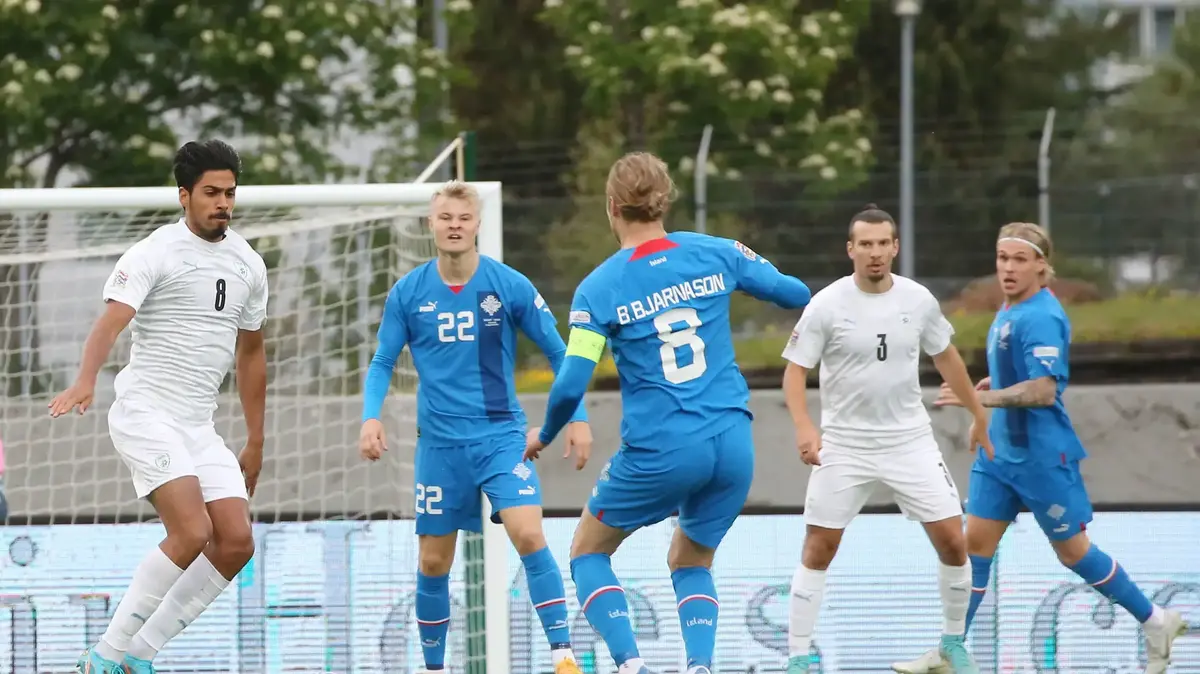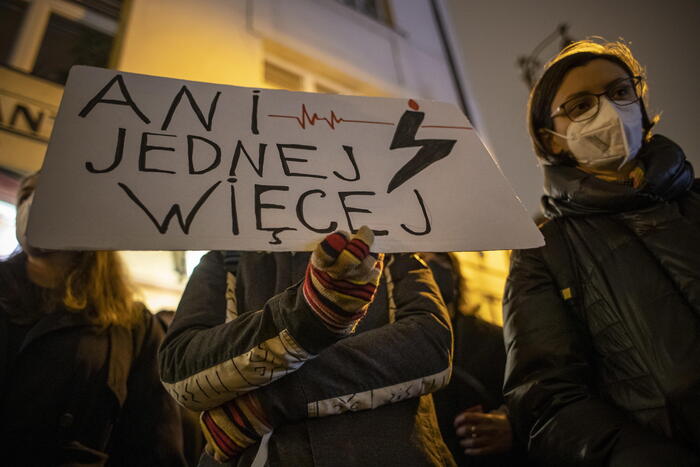Enlarge image
Vote in Iceland
Photo: Brynjar Gunnarsson / dpa
In the new Icelandic parliament, women are not in the majority.
A recount showed that the proportion of women was below 50 percent, the election commission announced on Sunday evening.
After the parliamentary elections on Saturday, Iceland briefly believed it was the first European country to have more women than men in parliament.
According to the recount, however, three women lost the seats originally assigned to them in parliament.
As a result, the number of seats for women fell from 33 to 30 - and thus the proportion of women to 47.6 percent, according to the election commission.
Previously, projections based on the election results had shown that 33 of the 63 seats in the Althing should be women.
Further recounts in other parts of Iceland could not be ruled out.
In no other country in Europe does the proportion of women in parliament exceed 50 percent.
According to data from the World Bank, Sweden has come closest to this with 47 percent.
There is no women's quota for parliament in Iceland.
The island state has long been a pioneer in terms of equality and women's rights.
Iceland has topped the World Economic Forum's ranking of countries with the greatest equality for twelve years.
The volcanic island in the North Atlantic was the first country to elect a woman as president in 1980.
"Complicated" government formation
It is still unclear which coalition will ultimately emerge from the election.
The ruling left-right coalition was able to defend its majority in the vote.
The three ruling parties got 37 of the 63 seats in parliament.
However, the two conservative coalition partners could try to form a government without Prime Minister Katrin Jakobsdottir's left-wing Greens.
The strongest force was the conservative Independence Party, with over 24 percent and 16 seats.
Party leader Bjarni Benediktsson, finance minister of the previous government and former prime minister, hopes to replace Jakobsdottir as head of government.
The left-wing Greens only got eight seats - three fewer than in the previous election.
Jakobsdottir said it would be "complicated" to form a new government.
The Left Greens were pushed into third place by the Progressive Party, which represents center-right positions: They won 13 seats, five more than before.
The Progress Party was "back in the front row" in politics, declared party leader Sigurdur Ingi Johannsson.
aar / AFP









